Question And Answer
Publications
Articles, publications, books, tools and multimedia features from the U.S. Institute of Peace provide the latest news, analysis, research findings, practitioner guides and reports, all related to the conflict zones and issues that are at the center of the Institute’s work to prevent and reduce violent conflict.
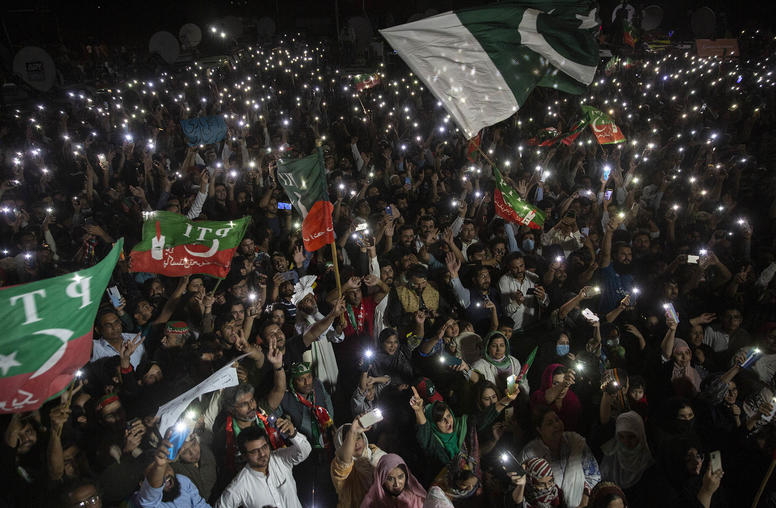
In Pakistan’s Crisis, Judicial, Military Roles Will Be Vital
Pakistan’s eruption into new political crisis this week elevates the risks — in South Asia and beyond — of instability in a nuclear-armed state that is also the world’s fifth most populous. The authorities’ arrest of former Prime Minister Imran Khan triggered a confrontation between his many supporters and Pakistan’s politically powerful military, which many Pakistanis say precipitated Khan’s detention. As U.S. policymakers monitor this still-unfolding crisis, a first useful step may be to carefully press Pakistani leaders to avoid any unlawful repression or military intervention.
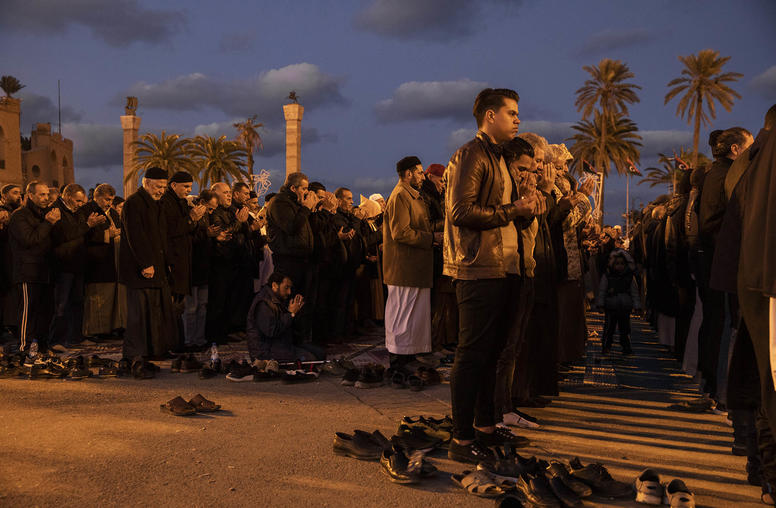
Beyond Elections: Libya Needs Unified Institutions and Reconciliation
Last week, the U.N. Security Council met to discuss its Libya mission and its new plan to end the country’s political impasse through elections. While credible polls will be a critical step in forging a path to peace, they are not a panacea for addressing this byzantine conflict’s deeply rooted drivers and the intense, bitter rivalries and factionalism that have surfaced since 2011. Indeed, previous efforts to hold elections have buckled under the weight of the intricate dynamics at play. Over a decade after the fall of Muammar Qaddafi, resolving Libya's complex conflict will require a multifaceted approach that prioritizes building trust among Libyans.
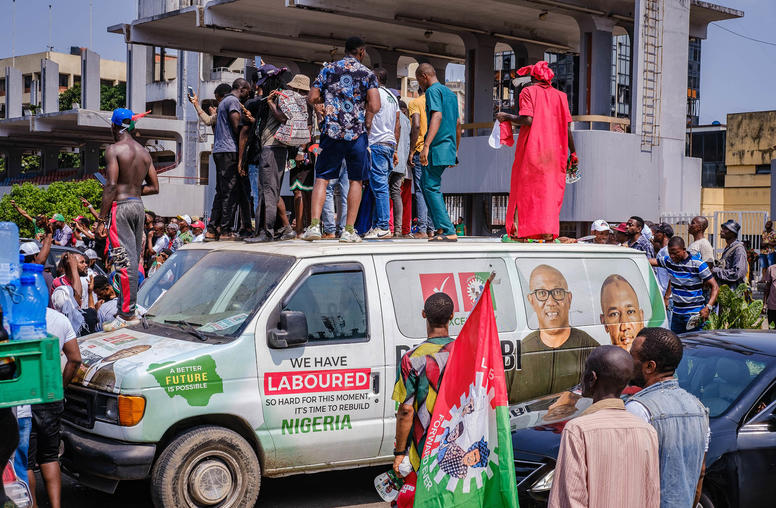
After Nigeria’s Elections: Nurturing the Seeds of Better Democracy
Nigeria’s latest elections heighten the country’s need for a reset of its democracy. Nigeria’s two dominant parties abandoned an informal pact that has rotated power between north and south, papering over the deeper, wider problem of ensuring real political inclusion among Nigeria’s disparate regions and communities. The recent national and state-level votes failed to deliver anguished Nigerians the promise of wider voter participation and transparent election results. Still, the campaigns and voting contained seeds for critical change that now must be cultivated by Nigeria’s newly elected government; its courageous, pro-democracy civil society; its vast, energized youth population; and its partners.
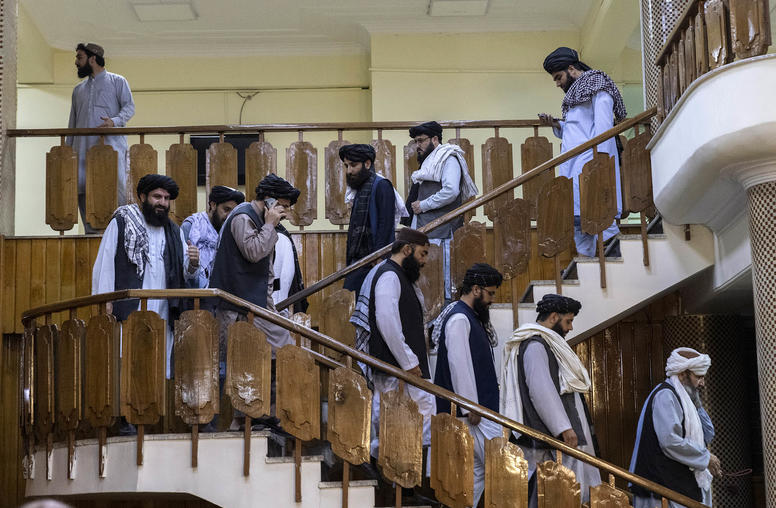
What’s Next for the Taliban’s Leadership Amid Rising Dissent?
Since their takeover of Afghanistan in August 2021, the Taliban have moved to restrict social freedoms, with a persistent focus on the rights of women and girls. Two edicts issued in December 2022, indefinitely banning Afghan women from attending universities and prohibiting working in NGO offices, constitute the most extreme restrictions yet — orders that were expanded this week to apply to women working for the U.N. as well.
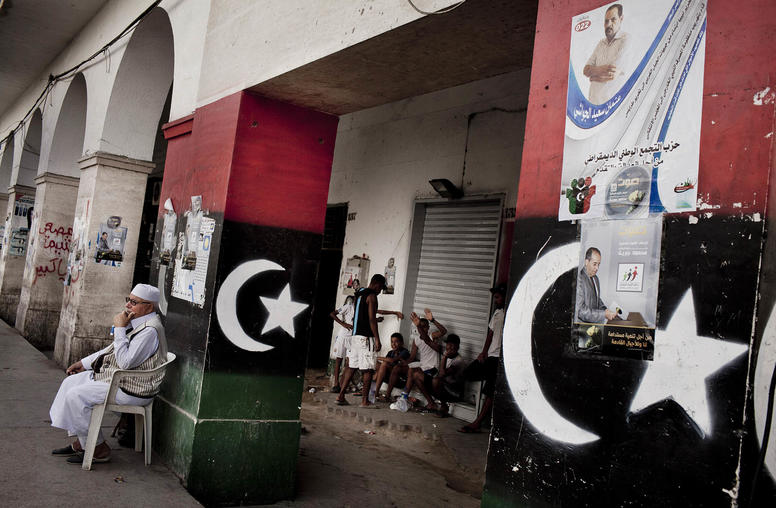
For Libyans, Elections Are Just Part of the Path to Peace
In mid-March, a delegation of prominent Libyans traveled to Washington carrying an important message: a new U.N. initiative focused on holding elections is welcome but it must be part of a bigger, comprehensive reconciliation effort to bring peace and stability to Libya. According to the deputy head of Libya’s Presidential Council, Abdullah Al-Lafi, reconciliation — and elections — can only be achieved by Libyans themselves. In Washington, Al-Lafi and the members of his delegation presented their own initiative for a national reconciliation project in order to create a Libyan-led process that complements the plan for elections proposed by U.N. Special Representative of the Secretary-General for Libya Abdoulaye Bathily.
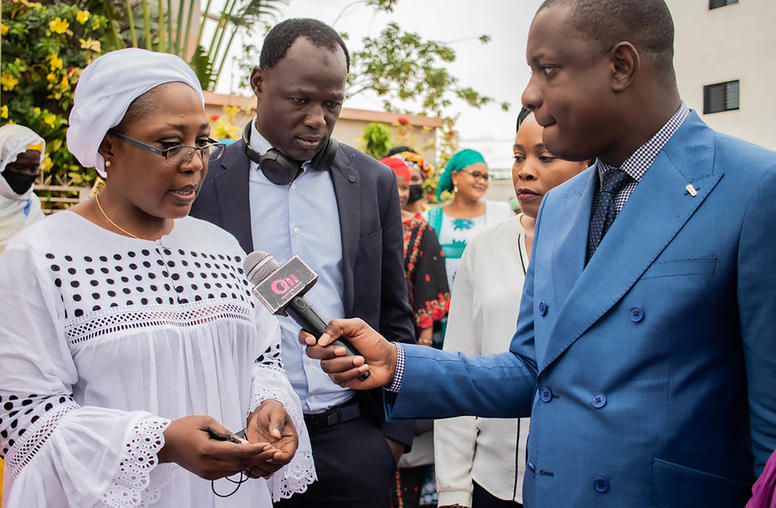
In Mali, Civil Society Takes on New Role in the Democratic Transition
In the decade leading up to Mali’s two military coups in 2020 and 2021, persistent governance grievances had left civilians without reliable public services while the military struggled to contain violent extremist groups. Hopes for a quick return to civilian rule post-coup have faded, as the country now nears three years under the rule of military leaders. While the transitional government has laid out a roadmap toward 2024 elections, there are growing concerns about the infrastructure capacity to carry out elections within that timeframe.

Au Mali, la société civile joue un nouveau rôle dans la transition démocratique
Au cours de la décennie qui a précédé les deux coups d'État militaires de 2020 et 2021 au Mali, les griefs persistants en matière de gouvernance ont priver les civils de services publics fiables, pendant que l'armée s’efforçait de contenir les groupes extrémistes violents. L'espoir d'un retour rapide à un régime civil après le coup d'État s'est estompé au fur et à mesure que le pays approche sa troisième année sous un régime militaire. En dépit des efforts du gouvernement de transition pour établir une feuille de route pour les élections de 2024, des préoccupations s’agrandissent par rapport à la capacité de l'infrastructure nécessaire pour mener à bien le processus et s'aligner sur le calendrier prévu.
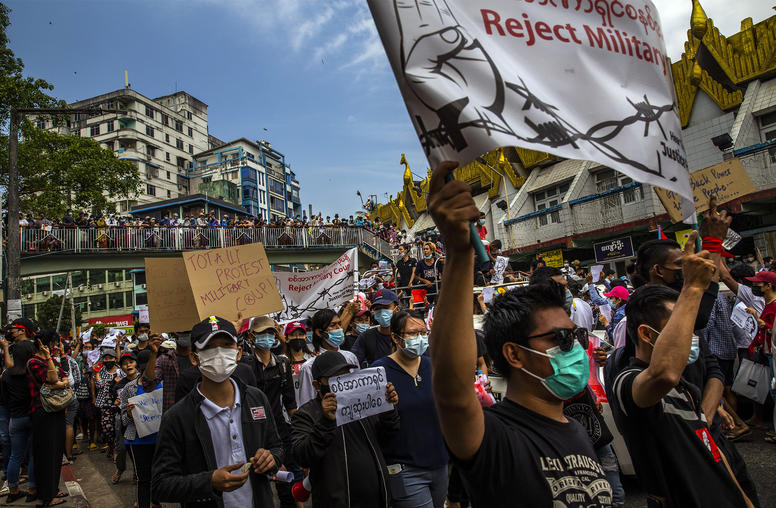
Support for Myanmar’s Junta Only Prolongs the Country’s Conflict
Myanmar’s coup regime, whose principal strategy for dealing with the country’s resistance movement is blunt, unrelenting brutality, benefits from three misconceptions prevalent in the international community: First, that consolidation of the military’s power is essentially inevitable; second, that absence of the generals’ regime would lead to a power vacuum and failed state; and third, that long-term military control is preferable to the status quo and would lead to stability.
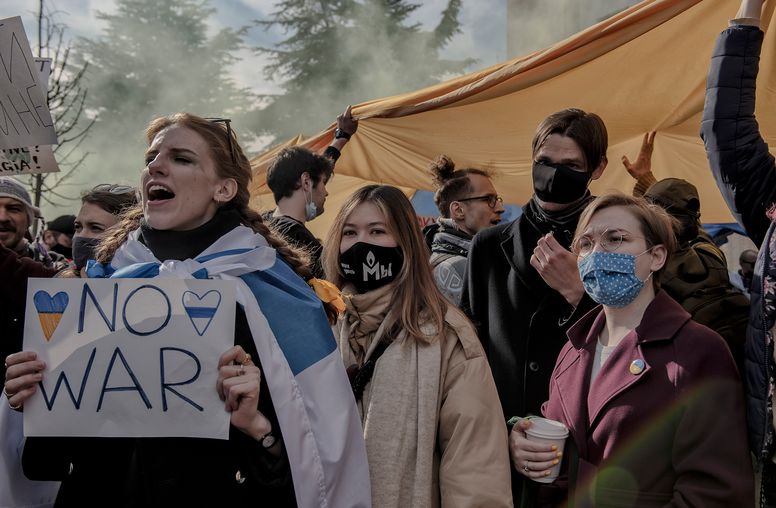
Why Georgians Are Protesting Against Russian Influence
Earlier this month, the ruling Georgian Dream party withdrew proposed “foreign agent” bills that have been a source of contestation in the country, particularly over the last year. A diverse coalition of Georgians hit the streets to protest these bills, which they said would be a blow to Georgia’s democracy and undercut its efforts to be a candidate for European Union membership. Just as Ukrainians are resisting Russia’s illegal invasion, these Georgian protesters fear growing Russian influence in their country, which is already partly occupied by Russia. The bills’ collapse in the Georgian parliament revealed the power of civil society resistance and the continued fight within the country for European integration and democracy.
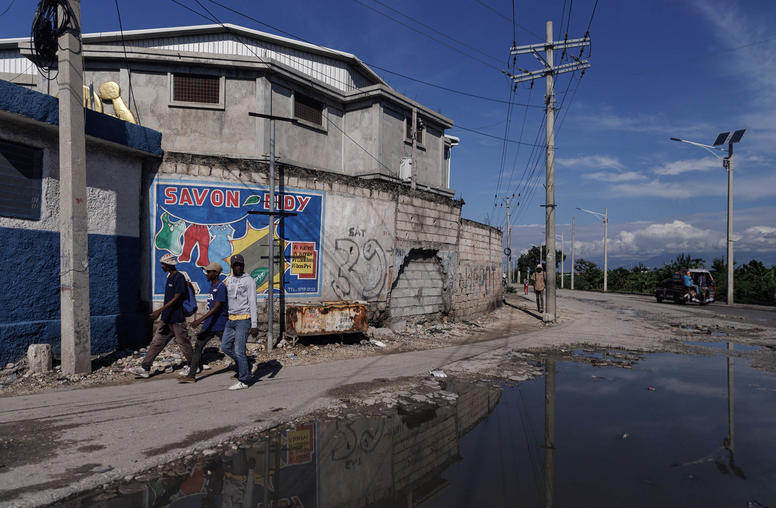
Have Haitians Finally Found the Formula for Moving Forward?
The headlines from Haiti have been so bad for so long that few get the world’s attention anymore. It seems like nearly every day there are stories of dozens being killed in the country’s capital or of the U.S. Coast Guard stopping hundreds of Haitian migrants from reaching U.S. shores. Then there are the more ominous headlines that say war or even a Rwanda-style massacre are approaching amid the countries “nightmarish conditions.” But at the end of last year, an underreported development could help put the country on a new path, injecting a glimmer of hope despite much pessimism.